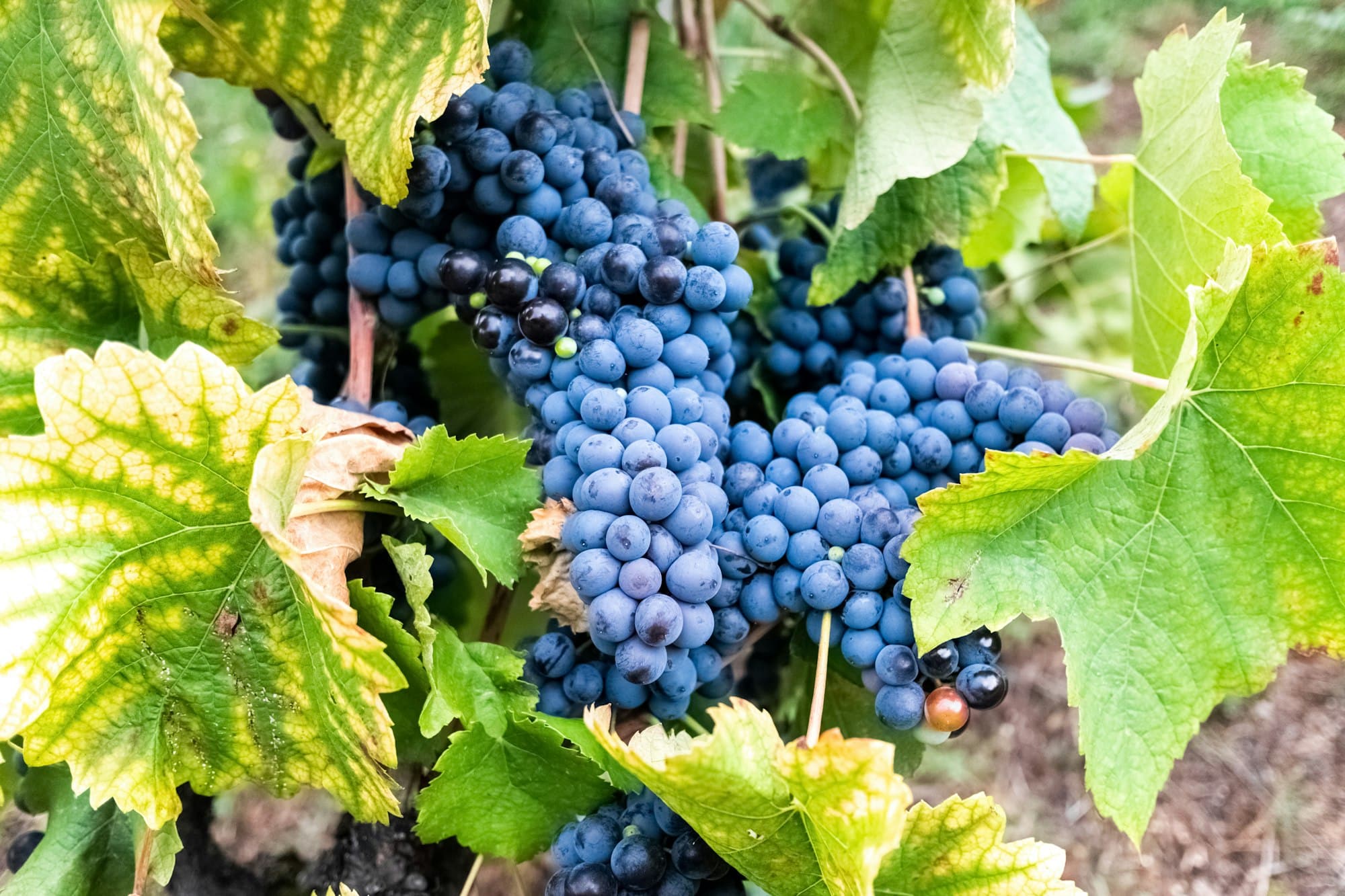Can a Diet Rich in Polyphenols Improve Vascular Health in Post-Stroke Recovery?

Polyphenols, a group of naturally occurring compounds found in plants, have been making headlines in the health and wellness sector. They are lauded for their potential health benefits, including their positive effects on cardiovascular disease and stroke. Could a diet rich in these potent compounds play a role in improving vascular health during post-stroke recovery? Let’s explore this topic in depth.
Unraveling the Power of Polyphenols
Before we can fully appreciate the link between polyphenols and stroke recovery, it’s important to understand what these compounds are and how they work. Polyphenols, including quercetin and resveratrol, are a type of antioxidant found in a wide variety of fruits, vegetables, and plant-based beverages like tea and wine.
A lire aussi : How Does Regular Involvement in Adventure Sports Influence Risk-Taking Behaviors in Adults?
Research from Google Scholar indicates that they have multiple health benefits, including their strong antioxidant properties, which protect our cells from damage. In particular, their benefits for cardiovascular health have drawn significant attention.
According to a study indexed on Crossref, higher intake levels of polyphenols are associated with a reduced risk of cardiovascular disease. This is due to their ability to lower blood pressure, reduce inflammation, and improve blood vessel function.
Cela peut vous intéresser : What Are the Best Strategies to Encourage Active Transportation in Winter Climates?
Polyphenols and Stroke Risk Reduction
Stroke is a leading cause of death and disability worldwide. It occurs when blood flow to a part of the brain is cut off, resulting in cell death and potential brain damage. High levels of inflammation and oxidative stress in the body increase the risk of this deadly health event.
Interestingly, studies have shown that polyphenols can play an important role in stroke prevention. A study indexed on Google Scholar found that regular intake of polyphenol-rich foods can reduce stroke risk by as much as 20%. This is because polyphenols reduce inflammation, lower high blood pressure, and improve blood vessel function – all key risk factors for stroke.
For example, resveratrol, a polyphenol found in grapes and wine, has been studied for its protective effects on the brain. It can cross the blood-brain barrier, providing antioxidant and anti-inflammatory effects directly to brain cells. Similarly, quercetin, a polyphenol found in apples and onions, has also been linked to reduced stroke risk, due to its potent antioxidant and anti-inflammatory properties.
Can Polyphenols Aid in Post-Stroke Recovery?
While much research has focused on the potential of polyphenols to prevent stroke, recent studies have started to explore their role in post-stroke recovery. The aftermath of a stroke can leave patients with significant brain damage, disability, and a high risk of future cardiovascular events.
Emerging research suggests that polyphenols, due to their antioxidant and anti-inflammatory properties, may help improve vascular health and support the brain’s recovery process after a stroke. A study indexed on Crossref found that high intake of polyphenols post-stroke can help reduce inflammation and oxidative stress in the brain, potentially minimizing brain damage and promoting recovery.
Implementing a Polyphenol-Rich Diet
Adopting a diet rich in polyphenols can be a simple and natural step towards improving cardiovascular health and potentially aiding in post-stroke recovery. Here are a few tips on how to incorporate more of these powerful compounds into your daily meals.
Firstly, aim to consume a variety of fruits and vegetables every day. Berries, especially blueberries and strawberries, are very high in polyphenols, as are red and purple grapes. Additionally, vegetables like spinach, onions, and broccoli also contain significant amounts of these compounds.
Secondly, consider incorporating more plant-based beverages into your diet. Both green and black teas are excellent sources of polyphenols, as is red wine (in moderation, of course). Even dark chocolate and coffee contain these beneficial compounds.
Finally, use herbs and spices liberally. They are not only flavourful but also packed with polyphenols. Cloves, peppermint, and star anise are particularly rich sources.
The Final Word
While more research is needed to fully understand the role of polyphenols in post-stroke recovery, current evidence suggests that these powerful compounds can provide significant health benefits. By adopting a diet rich in polyphenols, you can not only reduce your risk of stroke but potentially also support your body’s recovery process should a stroke occur. It’s an easy, delicious, and natural way to support your cardiovascular health. Remember, however, that a healthy diet is just one aspect of a comprehensive health regimen. Regular exercise, not smoking, and managing stress are also crucial for optimal health.
Harnessing Polyphenols for Post-Stroke Rehabilitation
The potential power of polyphenols doesn’t stop at prevention – they may also play a critical role in post-stroke rehabilitation. After a stroke, particularly an ischemic stroke, the patient’s body has undergone significant stress and trauma. This results in increased oxidative stress and inflammation, leading to further cell damage and potentially even cell death.
A study indexed on PubMed Crossref investigated the effects of polyphenols on post-stroke recovery. It found that these compounds can help reduce the destructive effects of oxidative stress and inflammation in the brain, aiding in the recovery process. By protecting remaining brain cells from further damage, they may help to minimize disability and improve overall patient outcomes.
In addition, certain polyphenols, like resveratrol, can cross the blood-brain barrier, offering antioxidant and anti-inflammatory benefits directly to the brain cells. This is a powerful potential tool for post-stroke recovery as it can target the affected area directly.
Green tea, rich in polyphenols, has also been linked to improved recovery rates following a stroke. A free article available on Google Scholar reported that stroke patients who consumed green tea regularly showed a faster rate of recovery compared to those who did not. This could be due to the tea’s high content of potent antioxidants and anti-inflammatory compounds.
Conclusion: The Potential Impact of Polyphenols on Stroke Recovery
As we’ve explored, the potential health benefits of polyphenols are impressive. These naturally occurring compounds found in plant-based foods and beverages have demonstrated significant antioxidant and anti-inflammatory properties. They have been linked to reduced risk of stroke, and emerging research suggests they may also aid in post-stroke recovery.
In the aftermath of a stroke, a patient’s body is subjected to high levels of oxidative stress and inflammation. According to a study referenced on the publisher site, incorporating a diet rich in polyphenols can help combat these damaging processes, potentially aiding in the recovery process.
Looking forward, more research is needed to fully understand the role of polyphenols in post-stroke recovery and to develop specific dietary recommendations. However, it’s clear that including a variety of polyphenol-rich foods and beverages – like berries, grapes, green tea, and red wine – in your daily diet is a delicious and natural way to support cardiovascular health.
In conclusion, while prevention is always the best strategy, a polyphenol-rich diet could potentially offer an additional line of defense in post-stroke recovery. However, it’s important to remember that a healthy lifestyle includes more than just a balanced diet. Regular exercise, stress management, and abstaining from smoking are also vital for maintaining optimal health.
